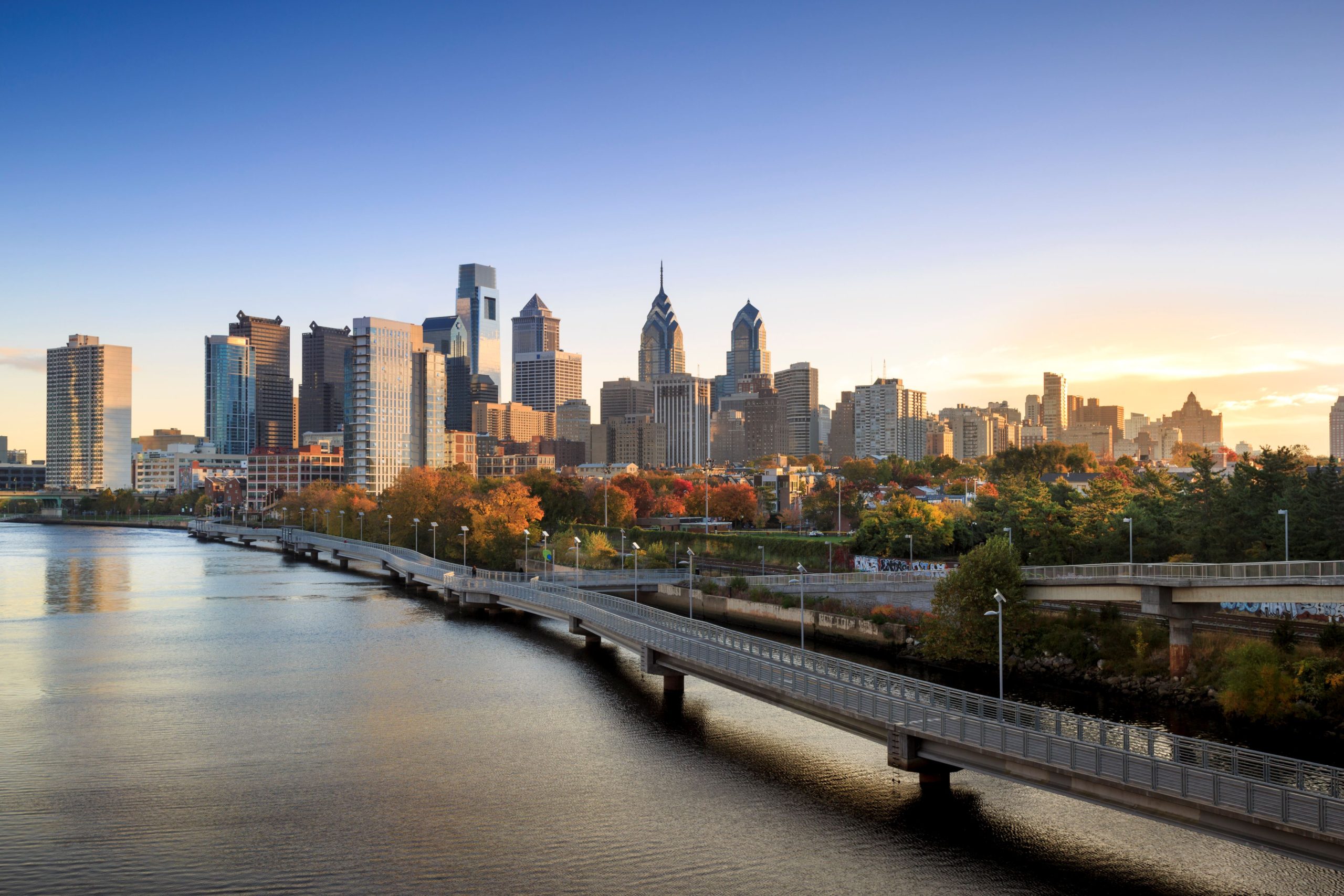The Philadelphia school board signaled concern about some charter schools’ academic performance Thursday night, casting doubt about whether some would be renewed.
The deliberation
came at a special meeting where the board listened to recommendations
from its charter schools office, which advocated for renewals for all 18 charters.
But board members raised alarm about the academic performance of six of the schools — Deep Roots Charter School, Frederick Douglass Mastery Charter School, KIPP North Philadelphia Charter School, KIPP Philadelphia Charter School, People for People Charter School and Russell Byers Charter School.
As it happened: Philadelphia school board meeting/charter renewal updates
Board president Reginald Streater directed Peng Chao, chief of charter schools, to negotiate charters with Community Academy of Philadelphia, Folk-Arts Cultural Treasures Charter School, Imhotep Institute Charter School, Independence Charter School, Mastery Charter High School, Mastery Harrity Elementary, Mastery Mann Elementary, Mastery Smedley Elementary and Mastery Thomas Elementary.
All but two of that group — Community Academy and Mastery Thomas — will have some conditions attached to their five-year renewals.
An unclear path for schools with shaky academics
But the path for the six singled out as not meeting academic standards is less clear. They will be expected to provide more information for the board by its next meeting, scheduled for June 26.
People for People met just 29% of the district’s academic standards — including absolute test scores and growth measures. Deep Roots met 37%; Frederick Douglass Mastery Charter met 36%; KIPP North Philadelphia, 23%; and KIPP Philadelphia, 41%. Russell Byers met 41%.
Chao, of the charter office, said KIPP schools have brought in veteran leadership and formulated a plan for turnaround. But board member ChauWing Lam was skeptical.
“What is the threshold for us as a board continuing to say OK to results that are, I guess, mediocre at best?” Lam said of KIPP Philadelphia, part of the national charter organization.
Generally, Lam said, “I don’t think it is appropriate to signal as a board that we’re OK with 9% of our students being proficient in math, 15% being proficient in ELA.”
Board members seemed most concerned about People for People, which was first granted a charter in 2001.
“They are failing our children. How long do we allow them to keep failing our children? I have an issue with these schools not being able to succeed for our children,” said Harper, a retired educator.
When People for People, a North Philadelphia school that accepts students from around the city, was last up for renewal, it voluntarily contracted, losing high school grades. Now, it’s suggesting it drop middle school going forward.
Joyce Wilkerson, a longtime school board member who previously sat on the School Reform Commission, said she was having a flashback to People for People’s prior renewals.
“At some point, I’m done,” said Wilkerson of her patience with People for People. “It’s almost been a quarter century. I can’t go along with renewing it anymore. I want to look at some of the other schools. I think we have an obligation to be consistent in our approach, but I can’t support the renewal of this school again.”
What did speakers say?
Supporters of various charters turned out to speak out for their schools.
Samaya McQueen, a graduate of People for People and now Villanova University, urged the board to give it another charter.
“The confidence, discipline, and resilience I learned at People for People helped me every step along the way,” McQueen said. She praised the “love, structure and high expectations” of People for People.
Parent George Tomlin, whose son attends Mastery Frederick Douglass, said the school is strong.
“I think it’s very important that this school board renews all Mastery charter schools,” said Tomlin.
But there were also cautions against charters generally.
Robin Cooper, president of the union that represents district principals, and Arthur Steinberg, head of the Philadelphia Federation of Teachers, expressed frustration that the board voted to approve a new charter in May and was poised to continue to offer renewals to other schools with questionable performance.
“You have already allowed — invited — into your home the death and destruction, the dismantling of your public schools,” by growing charters, Cooper said.
What’s next
After Chao’s office negotiates terms with the 12 charters, the board will have to consider and vote on them before they’re signed.
For the six others, once the board receives more information, it must decide how to proceed.
It could accept the charter schools office’s recommendations for five-year renewal, recommend one-year renewals unless the schools are coming off one-year renewals, or move to nonrenew.
A nonrenewal vote does not necessarily translate to a charter’s closure, but instead triggers hearings where the school provides evidence and a hearing officer provides recommendations.
The school board then votes again on the school’s fate.
©2025 The Philadelphia Inquirer. Visit inquirer.com. Distributed by Tribune Content Agency, LLC.







